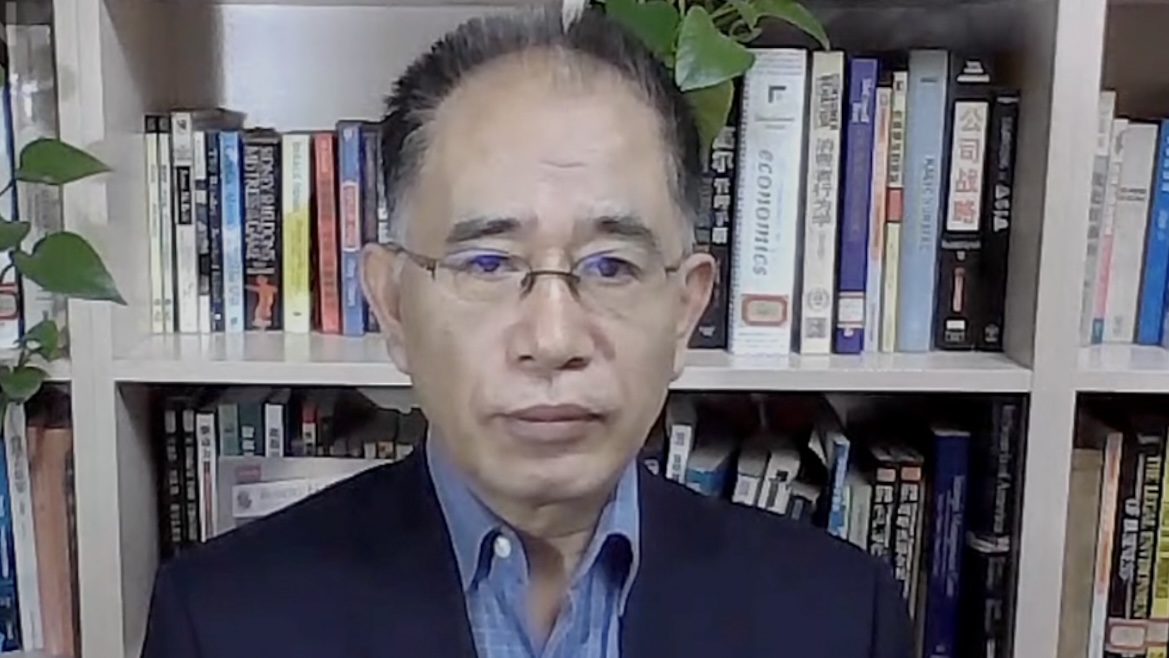BEIJING: The Communist Party of China (CPC) Central Committee’s Political Bureau met on Thursday and made a critical decision: it called for more aggressive action to achieve important goals for social and economic growth.
As part of the nation’s plan for economic recovery, the actions include stabilizing the real estate market and enacting significant interest rate reductions.
The government’s financial authorities unveiled a more expansive set of policies earlier this week in an effort to accelerate the economy’s recovery.
Among other things, these policy measures include lowering the mortgage rates for existing homes and the reserve requirement ratio for banks, as well as implementing new monetary programs to stimulate the capital market.
Additionally, on Wednesday, China introduced guidelines to promote high-quality employment, emphasizing reasonable wage increases and expanding social insurance coverage.
The country further issued a guideline on Thursday to facilitate the market entry of medium- and long-term capital with the goal of creating a more balanced portfolio of capital market investors while fostering long-term investment behavior and invigorating the capital market.
The Political Bureau of the CPC Central Committee usually convenes an economic meeting at the end of April, July, October and December. This was the first such meeting to be held in September. Analysts said the earlier-than-usual meeting signals the central government’s commitment to addressing the current economic landscape and the urgency of implementing stable growth policies.
Stimulus measures and growth target
Liu Baocheng, dean of the Center for International Business Ethics at the University of International Business and Economics, told CGTN on Thursday that the meeting indicates that China’s top leaders are fully aware of the challenges facing China’s economy, including a tense global trade environment and the quest for high-quality development.
Liu noted that the timely economic discussions are crucial for guiding growth strategies in the final quarter of the year, particularly as the government aims for a growth target of around 5 percent.
China’s central bank on Tuesday announced that it will lower the reserve requirement ratio by 0.5 percentage points, providing approximately 1 trillion yuan ($140 billion) in long-term liquidity to the financial market. Besides, it said that it may further reduce the reserve requirement ratio by 0.25 to 0.5 percentage points later this year depending on the state of market liquidity.
The central bank also announced that from September 27, it will lower the interest rate for the seven-day reverse repurchase operations by 0.2 percentage points, from the previous 1.7 percent to 1.5 percent, reflecting a strong commitment to bolster monetary policy.
UBS economist Wang Tao said that such recent policy measures, combined with more effective fiscal policy support, will help sustain the rebound in economic growth for the remainder of the year.
“A pick-up in government spending will probably be sufficient to drive a turnaround in business confidence, market sentiment and economic activities, helping China to catch up with potential trend growth,” said Bruce Pang, chief China economist at Jones Lang LaSalle.
Building confidence
Thursday’s meeting stressed that the fundamentals of the Chinese economy remain unchanged, and called for confidence in addressing difficulties in the economy and more efforts to build growth momentum.
Liu said many favorable conditions in China’s economy remain, such as a vast market, strong economic resilience and great potential, so the key to boosting economic development is to build confidence.
He said that government officials at different levels should have the confidence to help more companies and communities, especially small- and medium-sized enterprises to stand on their feet and engage in entrepreneurship instead of “lying flat.”
Ensuring property protection, equal operational conditions with state-owned enterprises, and increased accessibility to previously restricted sectors are vital for fostering a supportive business environment, said Liu.
He also stressed that initiatives aimed at boosting employment, providing training and lowering mortgage costs are essential for enhancing consumer confidence.
























